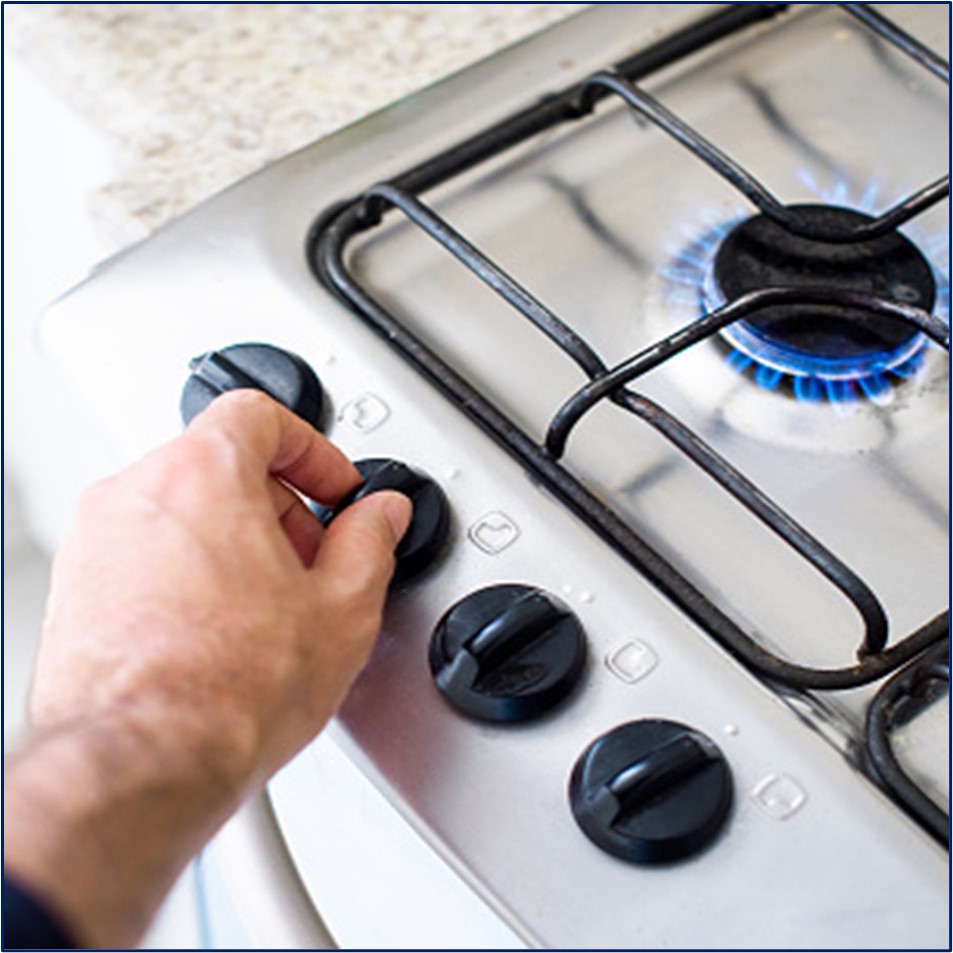CAN YOU HELP US?GAS SAFETY We are URGENTLY seeking one or more gas safety experts * to provide expertise to ANEC on gas safety issues and the prevention of carbon monoxide (CO) poisoning * to represent the collective European consumer voice in standardisation work on household gas appliances, gas detectors and barbecues
POSTAL SERVICES We are also seeking an expert to provide us with technical expertise, and to represent the collective consumer interest in standards in CEN/TC 331 ‘Postal Services’ and its WG 1 ‘Customers, Products and Services’, as well as EU policy discussions on the Postal Services Directive.
We offer a daily allowance for remote participation in meetings during 2022, as well as reimbursement of real costs where face-to-face participation is required (subject to the ANEC Guide on Reimbursement of Travel Expenses). For further details, please contact the ANEC Secretariat at This email address is being protected from spambots. You need JavaScript enabled to view it. as soon as possible. |
International Product Safety Week
The next edition of the International Product Safety Week (IPSW) will take place in Brussels from 14 until 17 November 2022.
This year’s theme is ‘New horizons for product safety’.

The conference will feature open sessions on different topical issues, including a workshop organised together with the United Nations Conference on Trade and Development (UNCTAD) on the role of consumer organisations in product safety. It will also host the International Consumer Product Health & Safety Organization (ICPHSO) International Symposium, during which ANEC expert Herdis Storgaard will participate in a panel on ‘Improving the Public Health of Children through Product Design’ on 14 November. See https://bit.ly/3Cqp3o8.
To register for IPSW, please visit https://bit.ly/3RSXdGP by 28 October.
For news and updates on the programme of the event, please visit https://bit.ly/3yWqsSH.
Horizontal
Meeting the Chief Standardisation Officer
On 20 September, Deputy Director-General of DG GROW, Maive Rute, hosted a meeting with ANEC and BEUC to discuss the EU Standardisation Strategy. In June, Ms Rute was appointed Chief Standardisation Officer (CSO) within the European Commission (EC).
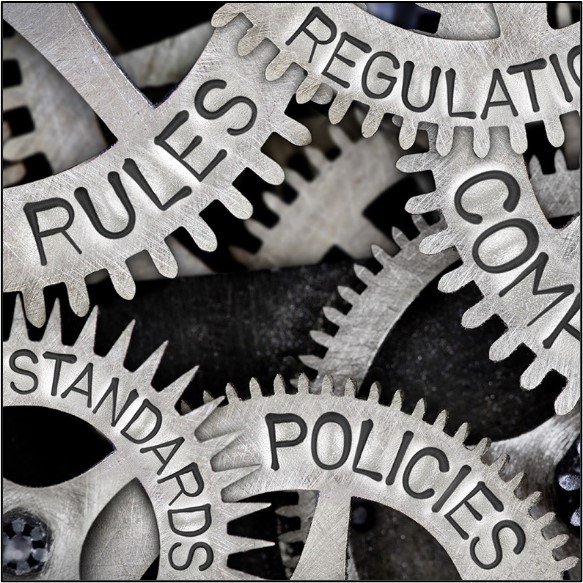
Although welcoming the EU Standardisation Strategy, its proposed creation of a High-Level Forum and the creation of an Excellence Hub within the EC, we and BEUC expressed concern at use of the New Legislative Framework, which refers to standards to aid its implementation, to fields outside those of traditional market access. We noted above all the proposal to use the NLF approach, and hence reference to standards, in the Artificial Intelligence Act (AIA) to address mental health and other fundamental human rights. We also noted the resourcing of the participation of civil society needed to be increased markedly if the trust of consumers and citizens in the wider use of standards – recognised by the European Court of Justice as having a legal character – is to be achieved.
I-Com policy conversation
ANEC relayed similar messages on the EU Standardisation Strategy at a policy conversation hosted by the Institute of Competitiveness (I-Com) in Brussels on 21 September.

A lively discussion embraced the geopolitics of standardisation and the weight of patents in standards, especially in the digital area. We stressed that European standards must respect European values and fundamental rights, and hence the simple adoption of International (ISO/IEC) Standards will often not be possible.
We called for deepened inclusiveness of the standardisation process, in order for consumers of all ages and abilities to be able to participate effectively in drafting the standards, alongside other civil society actors.
Child Safety
Positive opinion on draft SReq on toys
During the second half of September, ANEC welcomed the positive opinion of the Committee on Standards (CoS) given during a third vote on the draft Standardisation Request (SReq) on Toy Safety. In March 2021, a first vote had been inconclusive and, although the CoS gave a positive opinion after a second vote in September 2021, the SReq was then rejected by the Technical Boards of CEN and CENELEC.

Following this further positive opinion, we now call on CEN-CENELEC to accept the SReq without delay. There is an urgent need for the new SReq to replace the old mandate M/445, in order to take child safety (and the safety of toys in particular) to a higher level, by ensuring European toy standards provide better protection and reflect market developments.
Cobalt in toys
A SCHEER scientific opinion on the safety of cobalt in toys was out for a Public Consultation until 8 September 2022.
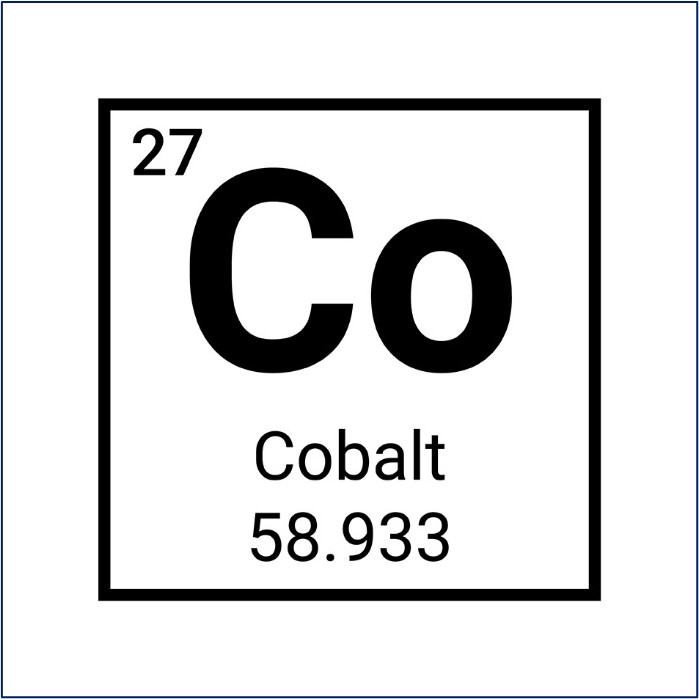
The SCHEER (Scientific Committee on Health, Environmental and Emerging Risks) evaluated the safety of the use of cobalt in toys, based on a report provided by Toy Industries of Europe (TIE) and additional information from publicly-available literature. The SCHEER opinion indicates the analysis of alternatives, as performed so far by TIE, is considered insufficient. The SCHEER recommends that cobalt-free pigments be used.
Following consultation with its members, ANEC replied to the Public Consultation, welcoming the SCHEER opinion and supporting its findings and recommendations. We agree with the SCHEER recommendation that pigments used in toys need to be cobalt free.
EU-US workshop on button batteries
Under the framework of the Consumer Safety Network (CSN), DG JUST organised a joint EU-US workshop on 27 September to discuss the risks related to children swallowing button cell batteries, a long-term concern.
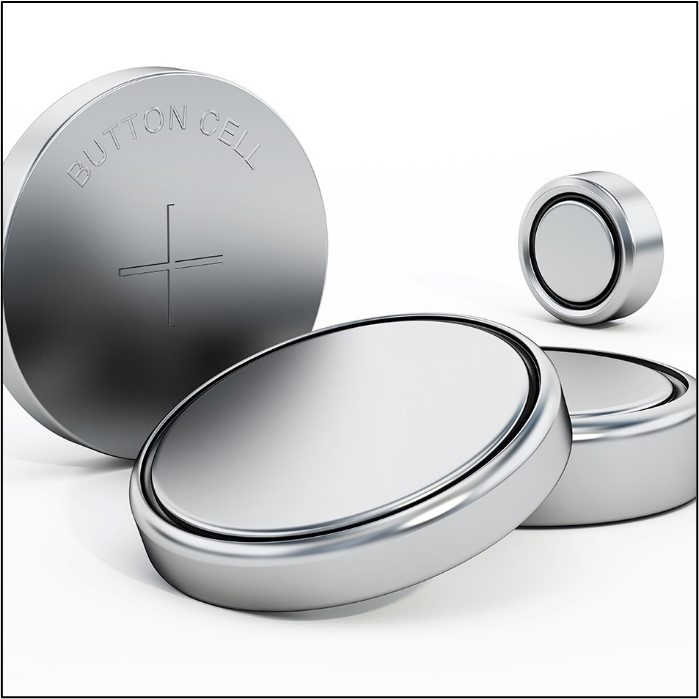
The aim of the workshop was not only to exchange the latest information on risks, but look for possible solutions. The US reported that the incidents of children ingesting batteries had increased by 90% during the COVID-19 lockdown.
ANEC contributed to the workshop by providing an overview of our activities on the safety and accessibility of button cell batteries, in relation to legislation, standardisation, market surveillance, communication and a need for further data.
Accessibility
ANEC-EDF webinar on accessibility standards for the built environment
On September 2022, ANEC and the European Disability Fund (EDF), hosted a webinar on accessibility standards for the built environment. Open to the public, the first part of the webinar focused on the first European Standard on the accessibility and usability of the built environment - EN 17210:2021 - and its related Technical Reports.
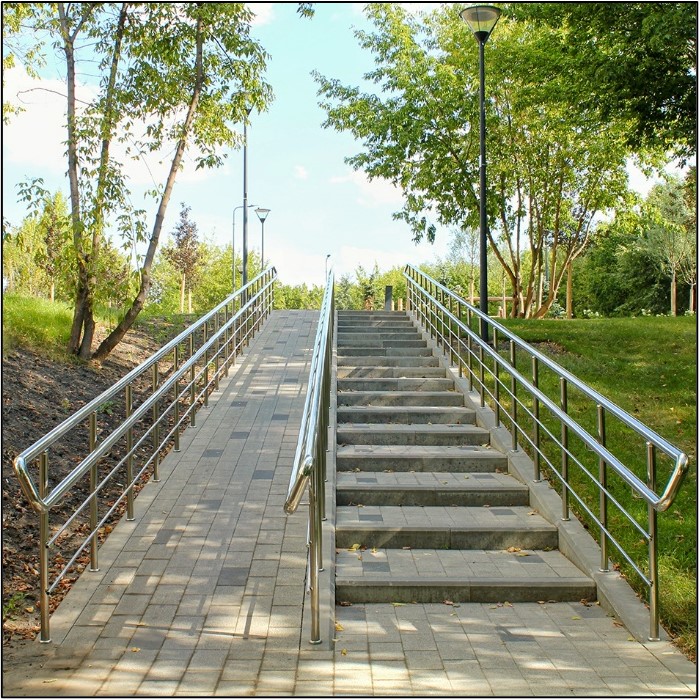
We were delighted to have ANEC representative, Monika Klenovec, speak. An architect, access consultant and member of CEN-CENELEC TC 11, Monika was Project Leader for EN 17210.
The second part of the webinar focused on EN 81-70 on the accessibility of lifts for persons with disabilities. Here, we were pleased to have Isabella Steffan as a speaker. An architect and ergonomist, Isabella is a member of the TCs responsible for EN 81-70 and EN 17210.
Last but not least, the webinar concluded with presentations from ANEC’s Chiara Giovannini, on the SReq for the European Accessibility Act and how to get involved, and Alejandro Moledo, EDF Deputy Director, who spoke about how to make use of the standards. The presentations were followed by a Q&A session.
CEN-CENELEC accept SReq
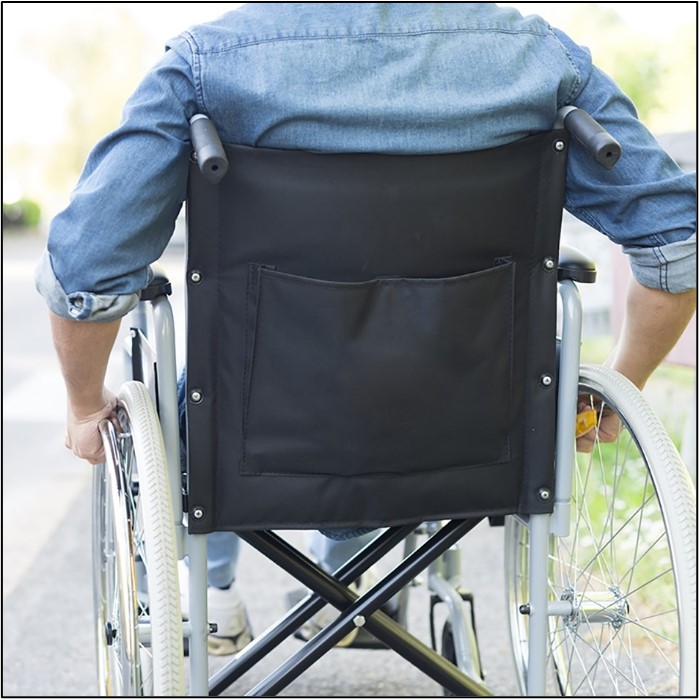
We were delighted to learn that the Technical Boards of CEN and CENELEC have accepted the SReq on accessibility. The vote was unanimous.
Domestic Appliances & Sustainability
ANEC DOMAP WG meets
The annual meeting of the ANEC Domestic Appliances (DOMAP) WG took place online on 27 and 28 September.

The first day discussed issues related to the safety & accessibility of electrical household appliances, gas appliances and machinery, as well as products falling under the General Product Safety Directive (such as button batteries and barbecues). The increasing importance of cybersecurity risks related to connected products in the domestic appliances field was also discussed, as was the safe use of household heating appliances in light of the energy crisis.
The second day was a joint session with the ANEC Sustainability WG. Eco-design, energy labelling and the performance of household appliances and other consumer products were discussed with experts from both working groups.
The meeting gave our experts the chance to reflect on their involvement in technical bodies dealing with domestic appliances at both European and international level, and to look ahead to future standardisation work.
Domestic Appliances and Services
FIEP to continue its work
Following several fatalities arising from white goods fires, ANEC welcomed the EC setting-up the European Fire Information Exchange Platform (FIEP) in 2017. The purpose of FIEP is to promote cooperation between the Member States and stakeholders, in order to enhance the exchange of knowledge from fire events, and good practices in fire-safety.
Since its inception, ANEC has attended FIEP meetings focusing on battery fires, developing fire safety awareness, and looking at the risk from smoke in fires.

The EC intends to continue facilitate the work of FIEP in the next years, with subjects eyed for discussion including electrical fire safety issues; fire investigation; the prevention of fires; the installation of fire protection of buildings; the Batteries Regulation, and training of fire engineers.
FIEP members were asked to share ideas for other topics. ANEC identified:
- the need for coordinated and harmonised fire safety data and statistics at the European level (and follow-up of the EUFireStat Project);
- fire safety of External Thermal Insulation Composite Systems (ETICS), especially retrofit sheets and shaped parts of foamed plastic for covering and insulating walls, ceilings and the roofs of buildings.
- educational material about safety in the event of car fires caused by a battery fault.
Although the last two topics are the responsibility of Member States, we believe the EC could develop guidance material.
Ecodesign
ANEC-BEUC on the Sustainable Products Regulation
In September, ANEC and BEUC published a two-page factsheet (http://bitly.ws/uNSu) that summarises our main recommendations in response to the EC’s proposed Ecodesign for Sustainable Products Regulation.

Under the proposal (https://bit.ly/3KuGFCS), published at the end of March of this year, manufacturers of products will be asked to meet stricter design criteria on several important aspects, including durability, repairability, upgradability and chemical content. The proposal also introduces some novelties, such as the establishment of a digital product passport to increase transparency, and measures targeting the destruction of unsold goods, which will be further specified in future implementing acts.
The factsheet assesses various elements of the proposal and includes our recommendations to improve it. Among others, we support the proposed extension of the scope of Ecodesign to more products. However, we think the proposal should also include social aspects and due diligence criteria - essential to product sustainability - allowing the EC to adopt product specific Ecodesign requirements, alongside more general due-diligence legislation now under discussion.
We also think the proposal rightly enables the combination of both horizontal and product-specific Ecodesign requirements and recommend including certain horizontal requirements directly in the Regulation (such as those on repair instructions and availability of spare parts).
On the other hand, we regret to see the proposal still considers self-regulation a valid option to improve product sustainability, even when earlier voluntary agreements have proved to be ineffective (and often took longer to adopt).
The factsheet also includes our recommendation to introduce a general ban on the destruction of unsold goods, especially for sectors where this practice is commonplace (e.g. textiles and electronics), and our call to strengthen rules on the responsibilities of online marketplaces for non-compliant products sold online.
As the proposal is now being assessed by the European Parliament and the Council, we call on them to maintain the ambition of the Regulation and adopt the text quickly.
Digital Society
ISO approves privacy-by-design standard
We were pleased to see approval of the ISO Technical Specification, ISO/TS 31700-2 ‘Privacy-by-design for Consumer Goods and Services’.
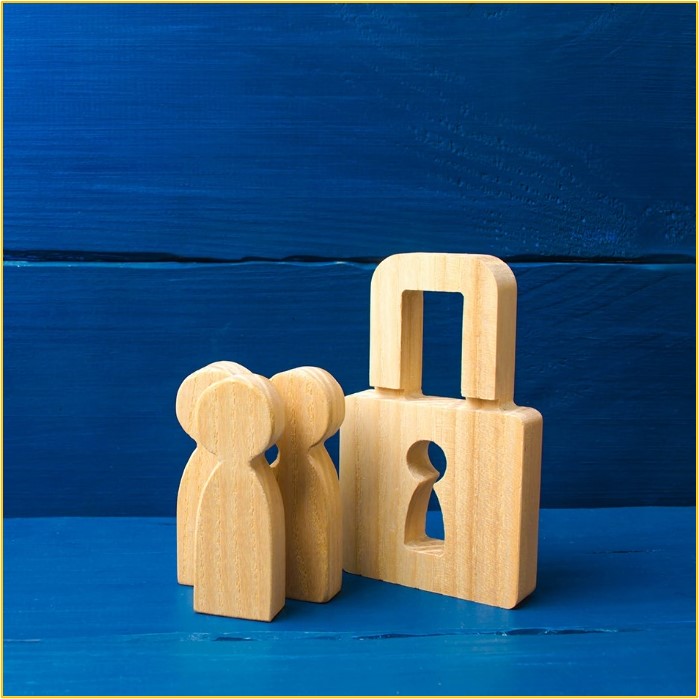
ANEC supported approval of ISO/TS 31700-2 which is intended to complement ISO 31700-1 ‘Consumer protection — Privacy by design for consumer goods and services — Part 1: High level requirements’. The approval of the latter started on 9 September 2022 and will close on 4 November 2022.
Both standards were drafted by ISO/PC 317 ‘Privacy by design’.
SReq on cybersecurity accepted
CEN-CENELEC accepted the SReq on cybersecurity of radio equipment during September. We welcome the acceptance, having contributed to the discussion in the CEN-CENELEC SRAHG ‘RED Cyber’.

ANEC is involved in the work on the future Harmonised Standards which already started this summer in the new CEN-CENELEC JTC 13 WG 8 ‘Special Working Group RED Standardization Request’. ANEC will submit comments on the Work Items Proposals for the three standards foreseen in the SReq.
How could the CRA affect consumers?
The EC published its proposal for the Cyber Resilience Act (CRA) (http://bitly.ws/uNNa) in mid-September. ANEC sees the proposal as positive, robust and wide-ranging.

The proposal has a broad scope as advocated by consumer organisations. Specific mandatory horizontal cybersecurity requirements for products with digital elements and ancillary services are foreseen, with these covering any software or hardware product and its remote data processing solutions, including software or hardware components placed on the market separately.
Cybersecurity by design and default is essential for ANEC. Mandatory baseline cybersecurity requirements are to cover at least encryption, software updates and strong authentication methods. This step helps increase consumer protection, as some products will be less easily hackable, e.g. baby-phones, digital toy dolls. Harmonised Standards would give presumption of conformity to the requirements of the CRA.
ANEC wants to see the CRA require mandatory third-party assessment for more Internet of Things (IoT) consumer products, many of which are not now defined as high-risk products.
The proposed CRA removes some of the burden of being tech-savvy from the shoulders of consumers. It specifies the obligations and responsibilities of economic operators who will have a duty-of-care and responsibilities throughout the lifecycle of the product. They will need to monitor and inform consumers on vulnerabilities, and to share security updates both free-of-charge and without delay.
Penalties for non-compliance are intended to be severe. In the event of non-compliance with the essential requirements, a penalty of 15M€ is due or 2.5% of annual turnover, whichever is higher. For other obligations not met, 10M€ or 2% of turnover. The supply of incorrect, incomplete or misleading information to authorities will earn a fine of 1M€ or 1% of turnover.
ANEC will respond to the EC public consultation in November 2022.
Services
Tourism and tourist accommodation
The EC has published its final study on quality of tourism accommodation. It resulted from work done last year by a consultancy in collaboration with tourism stakeholders, including ANEC. There are public links to the study on the feasibility of possible initiatives at EU level and establishment of a multi-stakeholder platform on the quality of tourism accommodation (http://bitly.ws/uP5E). An Executive Summary can be found at http://bitly.ws/uP5I.

Separately, on 13 September DG GROW held a stakeholder event (http://bitly.ws/uP5P) to support the co-implementation of a transition pathway for tourism (http://bitly.ws/uP5R). This aimed to share the recent developments on the key aspects of the transition pathway, showcase good examples of stakeholder pledges, and facilitate exchanges and engagement of the stakeholder community.
Earlier this year, tourism stakeholders were invited to share concrete actions and targets that contribute to the green and digital transition and increase the tourism ecosystem's resilience. The first set of commitments and pledges were published in June 2022 (http://bitly.ws/uP5S) and the call remains open for a continuous expansion of the active and committed stakeholder community.
Traffic & Mobility
Dangers of sleep bags in child car seats
As one of the most vulnerable road users, children require extra protection when they are moved in vehicles, while caregivers often want to give them as much comfort as possible. Many products have appeared on the market to enhance child safety and make parents’ lives easier. A sleep bag for child car seats is one of these products. It consists of a sleep bag with openings that allow the child to be fastened with the car seat harness. The child can then be transported from and to the car while sleeping.

Beyond the practical aspects, ANEC is concerned about the risks that such products could pose, as the combination of car seat and sleep bag has not been tested or standardised by either textile or car seat manufacturers. Car seat tests with dummies wearing thick jackets have shown the risks arising from bulky-clothing during crashes. Sleep bags are similar in their characteristics to winter coats and could pose a similar risk, alongside the danger of the child becoming too hot.
ANEC has raised its concern in CEN/TC 248/WG34 “Risks in the sleeping environment”. We welcomed the group accepting our proposal not to allow openings for a car seat harness in the sleep bag, so avoiding potential threats due to misuse.
News from ANEC member countries
Czechia
In 2022, the Czech Agency for Standardization (ČAS) has supported the Kabinet for Standardization in projects aimed at raising the visibility of European or global standards and strengthening the dissemination and use of standards.
One project was the drafting and issue of the publication ‘Safe operation of public playgrounds and sport grounds intended for children and youth - Best practices according to European standards for facility operators and other stakeholders’.

The project was prompted by the need to provide facility operators with updated information, methodology and practical support that would help them to improve their work to the benefit of children and young people.
The best practices are based on interpretation of the EN 1176 series of standards, especially parts 1 and 7, and other European standards related to the operation of playgrounds and sports grounds. These best practices are particularly intended for operators. The rules cover a wide range of obligations and recommendations, including ensuring inspections of public facilities. A key aspect of proper operation is ensuring that the inspections are carried out by an independent service (be it annual inspections or post-installation inspections), as well as ensuring that the inspectors have appropriate professional competences to match their tasks.
The best practices also include a procedure for aiding communication between the parties involved to ensure safe operation of the public facilities, in the case of disputed or misleading safety certificates. This procedure was approved by the Czech Chamber of Commerce.
The publication is available in print and also e-format.
Contact: Libor Dupal, This email address is being protected from spambots. You need JavaScript enabled to view it.
In memoriam
Remembering Rodolfo Cattani
At the beginning of September, we learned of the passing of Rodolfo Cattani. He was 81.
Rodolfo was an outstanding champion for the rights of persons with disabilities. We in ANEC are proud to have worked with him for many years, together with his colleagues in EDF and EBU, to help standards meet the needs of all consumers, regardless of age or ability.
Our thoughts and prayers go to his family, friends and colleagues.
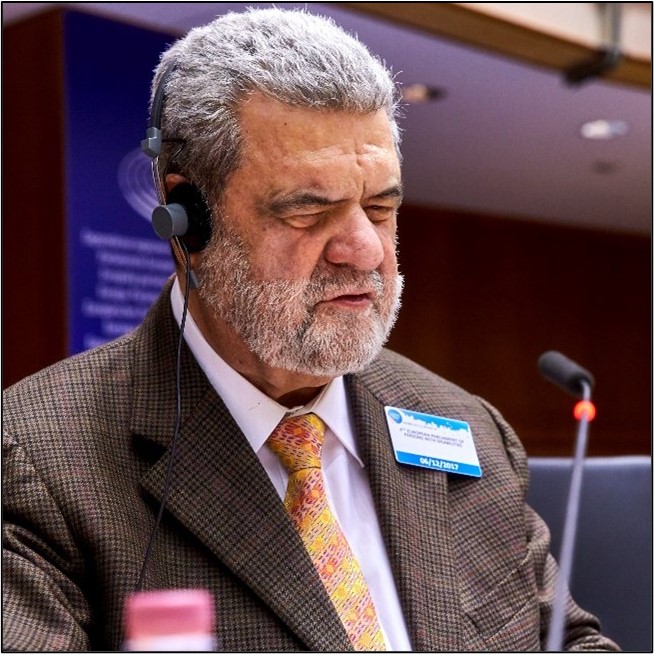
(with thanks to EDF for use of the photo)
| List of meetings 2022 |
For comments or if you wish to write an article for the ANEC Newsletter, please contact: Helena CLARK (This email address is being protected from spambots. You need JavaScript enabled to view it.).
